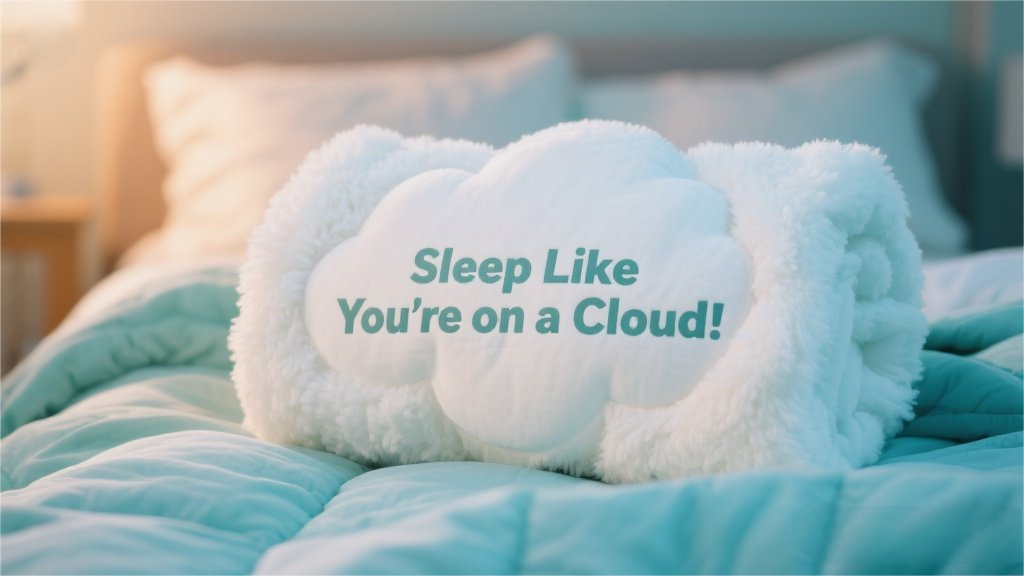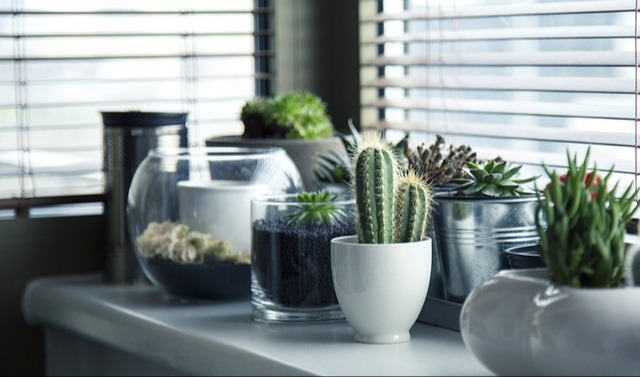If you're a woman struggling to catch some Z's, you're definitely not alone. The truth is, women have been getting the short end of the stick when it comes to sleep long before the pandemic turned our lives upside down. But why? Well, biology plays a big role—hormones like progesterone and estrogen don't just regulate our cycles; they also mess with our sleep in ways that can leave us staring at the ceiling at 3 AM. And let's not even get started on pregnancy insomnia or how restless leg syndrome loves to crash the party. On top of that, our brains are wired to hold onto stress longer, making it harder to wind down at night. So yeah, it's not just in your head—science says women really do have it tougher when it comes to sleep.
The Hormone Rollercoaster and Sleep Disruption
Ever notice how your sleep goes haywire at certain times of the month? Blame it on progesterone. This hormone, which peaks after ovulation, has a sedative effect—great, right? Well, not so fast. When progesterone levels drop right before your period, it can leave you wide awake when you should be snoozing. And if you're pregnant? Forget about it. Between the constant bathroom trips, heartburn, and general discomfort, pregnancy insomnia is basically a rite of passage. Even after giving birth, hormonal shifts and the demands of newborn care can keep sleep at arm's length for months. And let's not forget perimenopause and menopause, when hot flashes and night sweats turn the bed into a personal sauna. Basically, from puberty onward, women's hormones are in a constant state of "plot twist," and sleep often pays the price.
Stress, Anxiety, and the Never-Ending Mental Loop
Here's the kicker: women don't just have biology working against them—our brains are also wired to hold onto stress like it's going out of style. Thanks to higher levels of estrogen and progesterone, our fight-or-flight response gets triggered more easily and sticks around longer than it does for men. That means a stressful thought at bedtime can snowball into full-blown anxiety, leaving you mentally replaying that awkward work meeting from three weeks ago instead of drifting off. And because serotonin—the "feel-good" hormone—takes longer to kick in for women, those anxious thoughts can linger well into the night. Add in the mental load of managing households, careers, and now a pandemic, and it's no wonder so many women feel like they're running on fumes.
How COVID-19 Made Everything Worse
If sleep was already a struggle pre-pandemic, COVID-19 basically poured gasoline on the fire. With schools closing, jobs shifting to remote work, and the general uncertainty of, well, everything, women have been shouldering an even heavier mental and emotional burden. A study from the Society for Women's Health Research found that prescriptions for anti-anxiety and sleep medications skyrocketed for women in early 2020—proof that the stress was hitting hard. For working moms, the lines between "office hours" and "home life" blurred into one endless to-do list, leaving little room for proper rest. And let's be real—when you're juggling Zoom calls, virtual school, and the fear of getting sick, sleep tends to fall to the bottom of the priority list.
Breaking the Cycle: Tips for Better Sleep
So what's a sleep-deprived woman to do? First, cut yourself some slack—this isn't just a "you" problem. But there are ways to fight back. Establishing a solid wind-down routine is key, whether that means reading, meditating, or just putting your phone away an hour before bed. Since stress is a major sleep thief, finding healthy outlets—like journaling, therapy, or even a good old-fashioned vent session with friends—can help quiet the mental chatter. If hormones are the culprit, tracking your cycle can help you anticipate rough nights and adjust your schedule accordingly. And if all else fails? Don't be afraid to talk to a doctor. Sleep isn't a luxury—it's a necessity, and sometimes, we need a little extra help to get there.
At the end of the day, women's sleep struggles are real, complex, and deeply tied to both biology and societal expectations. But understanding the "why" behind those sleepless nights is the first step toward reclaiming rest—and maybe, just maybe, finally getting the deep, uninterrupted sleep we all deserve.
























